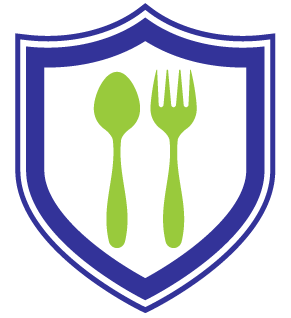Food Safety Plan
The Food Safety Plan template is designed for use by schools in Wisconsin to meet USDA regulations. Each production site and serving location claiming reimbursable lunches and/or breakfasts must have a plan. This template is consistent with the Wisconsin Food Code. It is recommended for schools that have not used the template, want to start over, or need significant improvements to their plans to meet USDA regulations.
USDA requires the plan to include documentation describing measures in place for effective monitoring, documenting corrective action was taken, and completing an annual plan review.
Changes may be made to the template, such as
- removal of Standard Operating Procedures (SOPs) that do not apply;
- revision of the SOPs to be specific to the operation; and
- addition of SOPs, when applicable, obtained from other sources or from the list of additional SOPs provided below (e.g., SOP for field trips) which must also be modified for use.
The plan is appropriate for satellites and vended sites with minimum food preparation. Make revisions, as instructed, to adapt the plan for the operation by checking the SOPs that apply and removing the non-applicable SOPS.
Forms
Standard Operating Procedures (SOPs)
Refer to the Food Safety Plan template above for SOPs applicable to most school food service operations.
 School agencies participating in the school nutrition programs agree to maintain necessary facilities for storing, preparing, and serving food and to comply with health standards required by applicable state agency and/or local laws and codes. There are four food safety requirements specified by U.S. Department of Agriculture (USDA) for school agencies that participate in the National School Lunch (NSLP)and/or School Breakfast (SBP) Programs.
School agencies participating in the school nutrition programs agree to maintain necessary facilities for storing, preparing, and serving food and to comply with health standards required by applicable state agency and/or local laws and codes. There are four food safety requirements specified by U.S. Department of Agriculture (USDA) for school agencies that participate in the National School Lunch (NSLP)and/or School Breakfast (SBP) Programs.